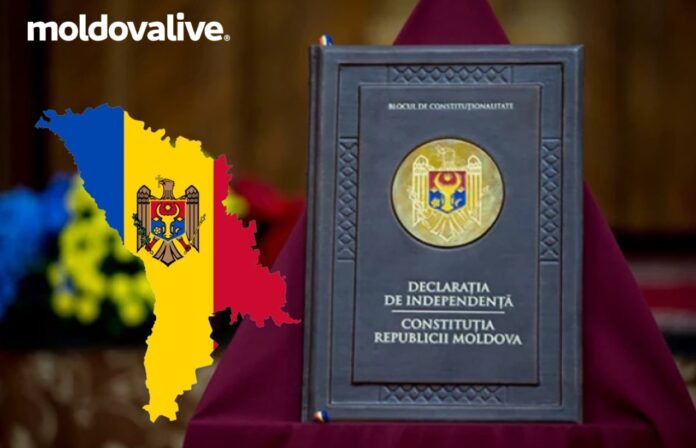Authorities included neutrality in the Constitution because Moldova refused to join the Commonwealth of Independent States (CIS) collective security agreement in 1994. The authorities hoped that Russian troops would withdraw from our country as a decision result. The statement was made by Nicolae Osmoschescu, one of the authors of the Supreme Law and analyst Igor Botsan, during the program “Realitatea te priveste” with Valentina Ursu.
Igor Botan reported that after the discussions with the deputies of the first Parliament who were in charge of drafting the text of the Constitution, he learned that there were two reasons for including the article on the neutral status of the country in the document. The first was the presence of the Russian 14th Army in Moldova, and the second was the CIS agreement.
“Neutrality referred to the circumstances related to separatism and the presence of the 14th army on the left bank of the Dniester. Additionally, the Moldovan authorities refused to join the agreement on collective security in the CIS area. As we all remember, several important works published under the auspices of the Council of Europe appeared at that time, showing what the new constitutions of the former communist states should look like,” Botsan explained.
Nicolae Osmochescu told RLIVE TV studio that until the last moment, Chisinau officials consulted with several constitutional experts from other countries, including Romania, Germany, and France, who appreciated the quality of the text of the Constitution. On the other hand, trying to get rid of the Kremlin’s army, the Moldovan government ended up in a trap, as the statute was not recognized, and Russia refused to withdraw its soldiers.
FOR THE MOST IMPORTANT NEWS, FOLLOW US ON TWITTER!
“Article 11 was originally not included. We returned to Article 11, focusing on permanent neutrality, after being accepted as a full member of the United Nations. We started with the idea of UN membership. One of the fundamental principles of the UN is the principle of non-use of force and the threat of force in international relations. We have walked into a vicious circle, into a trap. We proclaim permanent neutrality, and no one, not even the UN, recognizes this neutrality because one of the basic principles is not to allow the deployment of military troops on the country’s territory,” Nicolae Osmochescu said.
Igor Botsan pointed out that there are three fundamental things that a state that declares itself neutral must respect: not to align itself with a belligerent country, not to allow the territory of the country to be used by one of the belligerent countries and not to contribute materially to one or another belligerent country. According to him, the Republic of Moldova takes them into account, but the inclusion of neutrality in the country’s supreme law was “a situation that was beyond us.”


